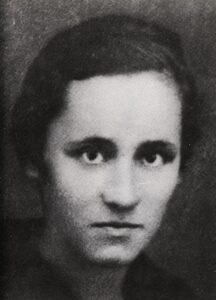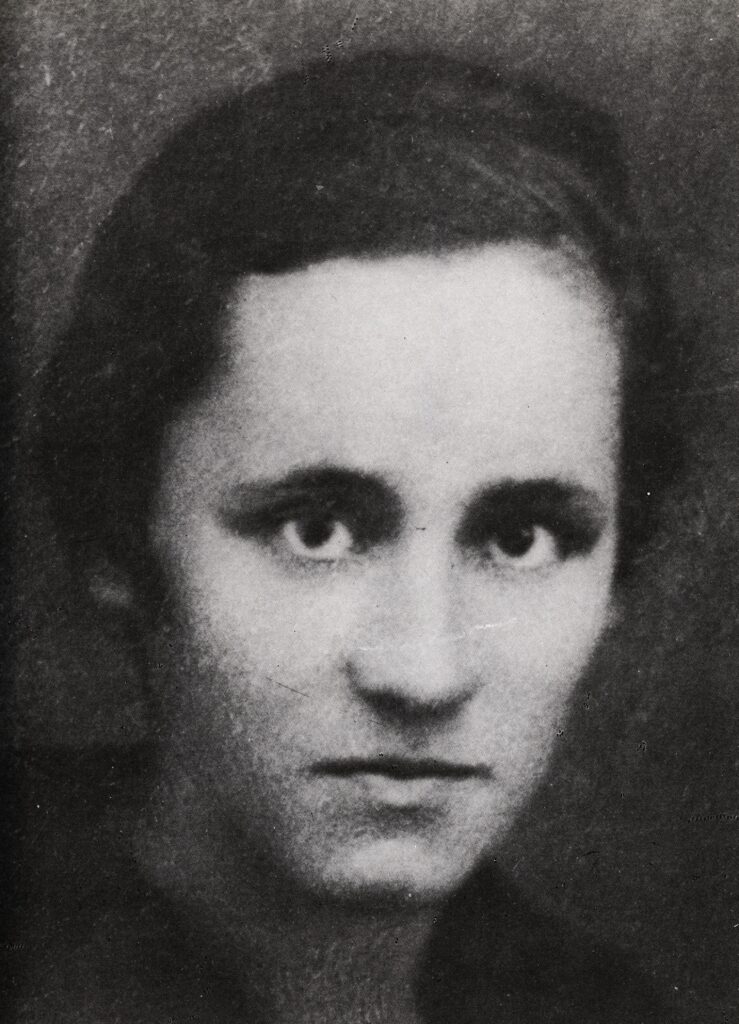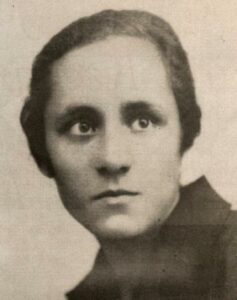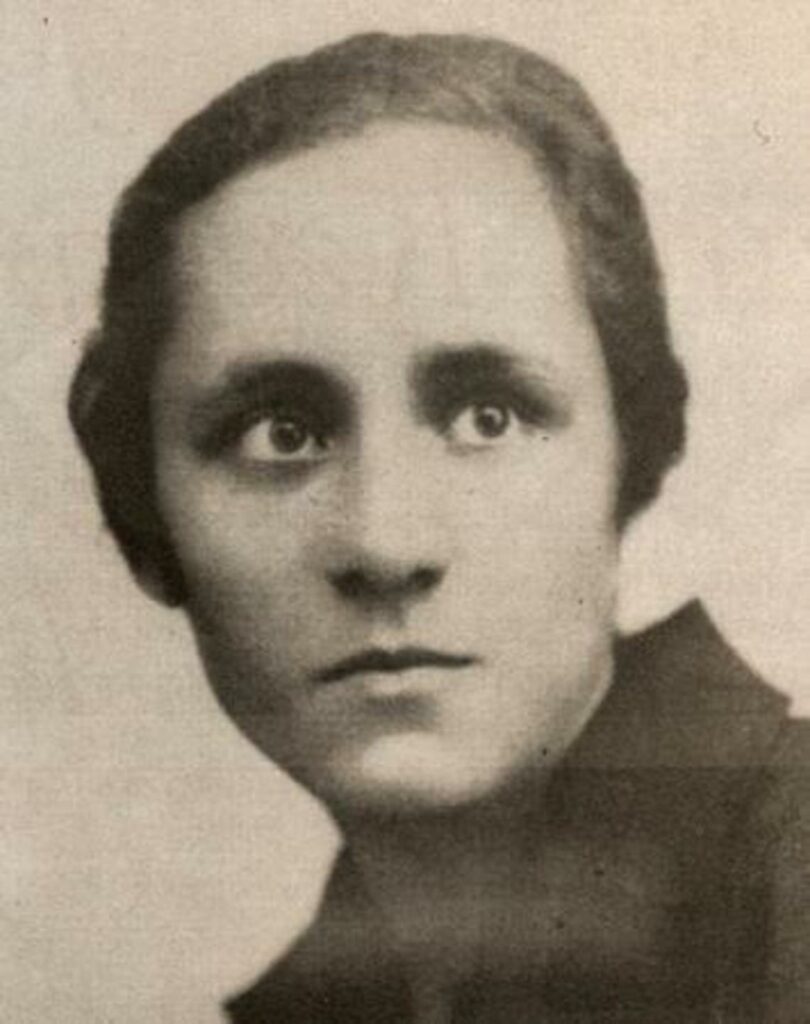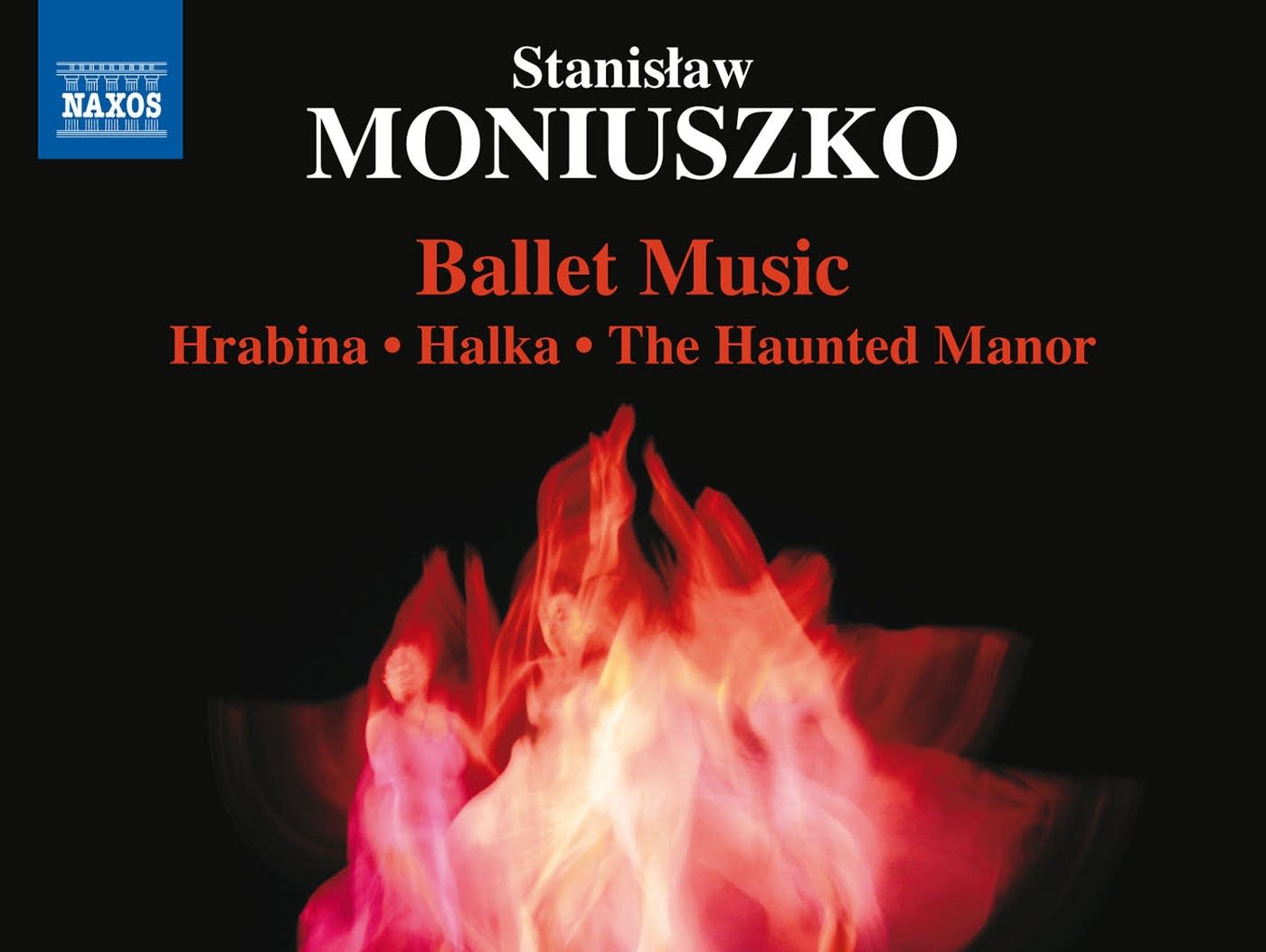

The Paradoxical Commandments
People are illogical, unreasonable, and self-centered.
Love them anyway.
If you do good, people will accuse you of selfish ulterior motives.
Do good anyway.
If you are successful, you will win false friends and true enemies.
Succeed anyway.
The good you do today will be forgotten tomorrow.
Do good anyway.
Honesty and frankness make you vulnerable.
Be honest and frank anyway.
The biggest men and women with the biggest ideas can be shot down
by the smallest men and women with the smallest minds.
Think big anyway.
People favor underdogs but follow only top dogs.
Fight for a few underdogs anyway.
What you spend years building may be destroyed overnight.
Build anyway.
People really need help but may attack you if you do help them.
Help people anyway.
Give the world the best you have and you’ll get kicked in the teeth.
Give the world the best you have anyway.
Kent M. Keith (born in 1949 in Brooklyn), is an American writer and leader in higher education.
The Paradoxical Commandments were written by Kent M. Keith when he was 19, a sophomore at Harvard College. He wrote them as part of a book for student leaders entitled The Silent Revolution: Dynamic Leadership in the Student Council, published by Harvard Student Agencies in 1968. The Paradoxical Commandments subsequently spread all over the world, and have been used by millions of people.
The Discovery
Mother Teresa put the Paradoxical Commandments up on the wall of her children’s home in Calcutta. The fact that the commandments were on her wall was reported in a book compiled by Lucinda Vardey, Mother Teresa: A Simple Path, which was published in 1995. As a result, some people have attributed the Paradoxical Commandments to Mother Teresa.
As Kent explains in his book, Do It Anyway: The Handbook for Finding Personal Meaning and Deep Happiness in a Crazy World:
“I found out about it in September 1997 at my Rotary Club meeting. We usually begin each meeting with a prayer or a thought for the day, and a fellow Rotarian of mine got up and noted that Mother Teresa had died, and said that, in her memory, he wanted to read a poem she had written that was titled “Anyway.” I bowed my head in contemplation, and was astonished to recognize what he read-it was eight of the original ten Paradoxical Commandments.”
“I went up after the meeting and asked him where he got the poem. He said it was in a book about Mother Teresa, but he couldn’t remember the title. So the next night I went to a bookstore and started looking through the shelf of books about the life and works of Mother Teresa. I found it, on the last page before the appendices in Mother Teresa: A Simple Path. The Paradoxical Commandments had been reformatted to look like a poem, and they had been retitled “Anyway.” There was no author listed, but at the bottom of the page, it said: “From a sign on the wall of Shishu Bhavan, the children’s home in Calcutta.”
Mother Teresa thought that the Paradoxical Commandments were important enough to put up on the wall of her children’s home. That really hit me. I wanted to laugh, and cry, and shout-and I was getting chills up and down my spine. Perhaps it hit me hard because I had a lot of respect for Mother Teresa, and perhaps because I knew something about children’s homes. Whatever the reason, it had a huge impact on me. That was when I decided to speak and write about the Paradoxical Commandments again, thirty years after I first wrote them.”
What Was on Mother Teresa’s Wall
What exactly was on Mother Teresa’s wall? According to Lucinda Vardey, in Mother Teresa: A Simple Path (New York: Ballantine Books, 1995), page 185, there was “a sign on the wall of Shishu Bhavan, the children’s home in Calcutta.” This is what the sign said:
ANYWAY
People are unreasonable, illogical, and self-centered,
LOVE THEM ANYWAY
If you do good, people will accuse you of selfish, ulterior motives,
DO GOOD ANYWAY
If you are successful,you win false friends and true enemies,
SUCCEED ANYWAY
The good you do will be forgotten tomorrow,
DO GOOD ANYWAY
Honesty and frankness make you vulnerable,
BE HONEST AND FRANK ANYWAY
What you spent years building may be destroyed overnight,
BUILD ANYWAY
People really need help but may attack you if you help them,
HELP PEOPLE ANYWAY
Give the world the best you have And you’ll get kicked in the teeth,
GIVE THE WORLD THE BEST YOU’VE GOT ANYWAY.
This version includes eight of the original ten Paradoxical Commandments. The two that are missing are the sixth (Think big anyway) and the seventh (Fight for a few underdogs anyway). The wording of the other eight commandments is very close to Kent Keith’s original, written in 1968.
In 1999, Rev. Robert Schuller published “Anyway” in his book, Turning Hurts into Halos (Nashville: Thomas Nelson Publishers). He recalled that he was part of the 15-member presidential delegation that represented the United States at Mother Teresa’s funeral. When they visited Mother Teresa’s orphanage, one of the sisters said: “Dr. Schuller, look what Mother Teresa had enlarged, framed, and hung in the front lobby here.” This is what Dr. Schuller was shown:
ANYWAY
People are unreasonable, illogical, self-centered
…love them anyway.
If you do good, people will accuse you of selfish, ulterior motives
…do good anyway.
If you are successful, you win false friends and true enemies
…be successful anyway.
The good you do today may be forgotten tomorrow
…do good anyway.
Honesty and frankness will make you vulnerable
…be honest and frank anyway.
People love underdogs but follow only top dogs
…follow some underdog anyway.
What you spend years building may be destroyed overnight
…build anyway.
People really need help but may attack you if you try to help
…help people anyway.
If you give the world the best you have, you may get kicked in the teeth
…but give the world the best you have
…ANYWAY.
This version has nine of the original ten Paradoxical Commandments. Only the sixth commandment is missing (Think big anyway). Again, the wording is close to Kent Keith’s original, written in 1968.
A version of the commandments that has been circulating on the web under Mother Teresa’s name is a version sometimes called “The Final Analysis” because of its last two lines. Here is one example of that version:
People are often unreasonable, illogical, and self-centered;
Forgive them anyway.
If you are kind, people may accuse you of selfish, ulterior motives;
Be kind anyway.
If you are successful, you will win some false friends and some true friends;
Succeed anyway.
If you are honest and frank, people may cheat you;
Be honest and frank anyway.
What you spend years building, someone could destroy overnight;
Build anyway.
If you find serenity and happiness, they may be jealous;
Be happy anyway.
The good you do today, people will often forget tomorrow;
Do good anyway.
Give the world your best anyway.
You see, in the final analysis, it is between you and God;
It was never between you and them anyway.
Here are Kent Keith’s comments on this version:
Of course, this is not the original version, nor the version that was on Mother Teresa’s wall, although it is sometimes attributed to her.
The last two lines in this “final analysis” version trouble me, because they can be read in a way that is inconsistent with the teachings of Jesus, the life of Mother Teresa, and the message of the Paradoxical Commandments themselves. The statement that “it was never between you and them anyway” seems to justify giving up on, or ignoring, or discounting other people.
That is what Jesus told us we should not do. Jesus said that there are two great commandments
—to love God, and to love our neighbor as ourselves. So in the final analysis, it is between you and God, but it is also between you and “them.” And when it comes to them, Jesus made it clear that we have to love people and help people anyway. We can’t give up on them or ignore them or write them off. That is the point of the Paradoxical Commandments as well—we find meaning when we love and help people, no matter who they may be, or how difficult they may be. We find meaning by loving and helping them anyway.
http://www.kentmkeith.com/mother_teresa.html
Voor mij is onze kern het geestelijke. Dit hebben wij met alle wezens gemeen.Voor mij is dit God. Al het gedoe wat je met anderen kunt hebben valt voor mij onder het psychische, dat voor ieder er anders uit kan zien, dus andere reacties kan geven. Als je vanuit het geestelijke in de psychische wereld bezig bent kun je zeggen: ” Uiteindelijk ging het niet om de botsing van de psychen, maar om de vereniging in het geestelijke, de herkenning daarvan.” Voor mij doe je daarmee niemand tekort, tenzij je God anders definieert, westers definieert, als staande buiten de schepping.
Voor mij is dat klinkklare onzin, want voor mij zou zonder het geestelijke de gehele schepping uit elkaar vallen… Is dit de als maar grotere versnelling van elkaar af naar alle kanten, totdat er niets meer te zien of te herkennen is…? Zoals een vuurwerk patroon uiteenvalt in de lucht, na enkele seconden stralend geschenen te hebben… uit elkaar gespat in het niets… (maar zonder versnelling) 🙂
The Warsaw National Philharmonic Orchestra (Polish: Orkiestra Filharmonii Narodowej w Warszawie) conductted by …Antoni Wit, performs the
Ballet Music from Hrabina – Neptunna written iby Polish composer, conductor and teacherStanisław Moniuszko (1819,-1872)
Stanisław Moniuszko (1819-72) : Hrabina, ballet music from the opera (1859)
I. Zefir goniący Florę
II. Neptun na Wiśle
III. Taniec Satyrów
IV. Kotyljon.
Performed by Warsaw Philharmonic Orchestra conducted by Antoni Wit.
Skopje 1910 – Calcutta , India 1997 – NOBEL prize award winner for the PEACE in 1979 Albanian born Anjez Gonxhe Bojaxhiu, future Mother Teresa of Calcutta, a few days before her departure to the Loreto Abbey in Rathfarnham, Ireland, to learn English, the language the Sisters of Loreto used to teach school children in India. Photo: Vittoriano Rastelli/Corbis
